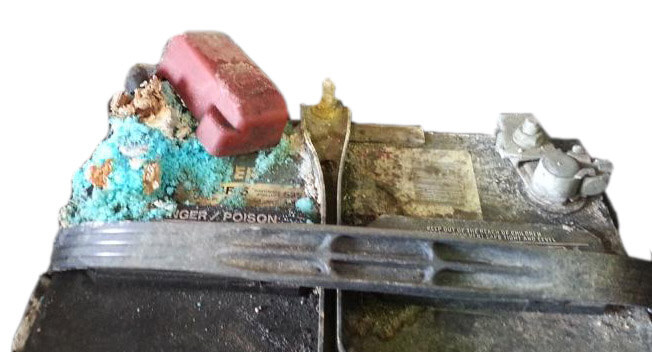Common Causes of Alternator Failure
Most Common Causes of Alternator Failure
This article discusses the six most common causes of alternator failure. You can avoid this unnecessary expensive simply by normal battery maintenance and not using your alternator to charge a dead battery.
1) Attempting to fully recharge a dead battery using the vehicle’s alternator. The alternator is designed to replenish the battery from the last start and to supply extra power during engine operation. It is NOT designed to output maximum current and voltage for long periods, especially at low engine RPMs found at idle. This causes the rotor, stator and diodes to overheat and fail.
Prolonged Maximum Charging Output will cause premature alternator failure. Never operate your alternator for more than 75% of its rated output for long periods.
2) Disconnecting the battery terminals while the engine is running. The voltage regulator senses the disconnection and commands the alternator to immediately run at full output. This can cause the alternator to produce a voltage spike upwards of 40-volts, which is high enough to damage vehicle electronics including the voltage regulator
3) A battery with high internal resistance will cause the alternator to output in excess of 50-amps full time, which is the #1 cause of repeat alternator failures.
4) Corroded battery terminals and posts create excessive resistance that forces the alternator to work harder.
5) Older batteries with weak internal connections cause voltage spikes.
6) Corroded battery cables or alternator output wires can cause excessive resistance resulting in extreme heat, which can lead to failure.

These corroded battery terminals are killing this battery
Mechanical causes of alternator failure
1) Improper installation is the most common cause of alternator failure
2) Improper alignment causes premature bearing failure.
3) Improper belt tension causes premature alternator bearing failure
4) A worn automatic belt tensioner can cause premature bearing failure. The automatic tensioner incorporates a dampening mechanism to reduce belt vibration caused by engine power pulses. When the dampening mechanism wears out or fails, the tensioner no longer dampens the power pulses and the belt produces vibration that damages the alternator bearings.
5) Using the wrong size pulley or a pulley with the wrong groove pattern can cause premature alternator failure.
©, 2022 Rick Muscoplat
Posted on by Rick Muscoplat